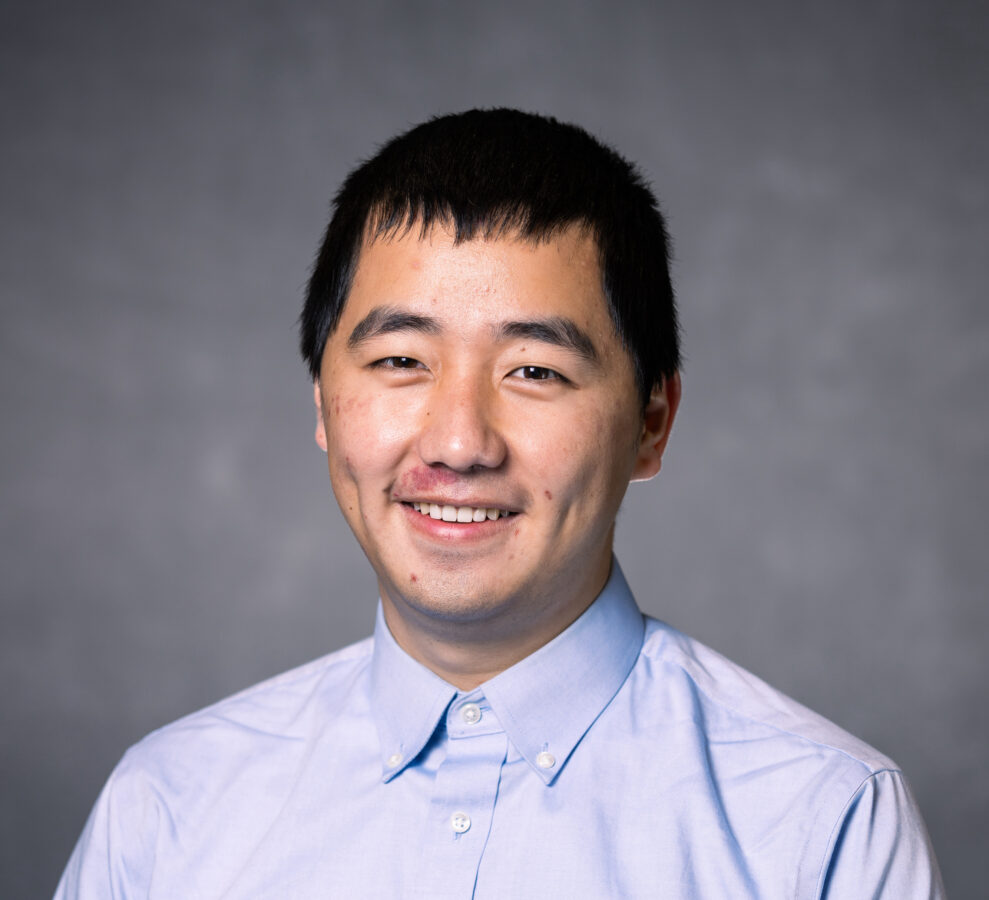As a young child growing up in New Jersey, Alex Chang was always curious by our changing climate. With a much more varied climate than here in Southern California, the dramatically changing seasons made him ask questions about why, and how, our planet works. Today, Alex is a third year PhD student in the department of Atmospheric and Oceanic Sciences and the recipient of the Rich and Linda Turco graduate fellowship which helps support his work.
That fellowship, which covers two years of his PhD program, has been instrumental in helping Alex continue his important work studying the drastically changing climate of the amazon rainforest. “When I heard the department had chosen me for this fellowship I breathed a huge sigh of relief. Removing the everyday financial burden of being a graduate student motivated me to work harder on my research,” he said. “I feel more empowered to aim for much bigger things.”
“When I heard the department had chosen me for this fellowship I breathed a huge sigh of relief. Removing the everyday financial burden of being a graduate student motivated me to work harder on my research.”
Alex’s approach to studying climate is a well-known one, but one that most people don’t understand is done in a department like AOS. As an undergraduate, he studied applied math and data science at UC Berkeley. But even in this field, his focus was always on our planet. “Math and Data Science is one of the most important areas today helping us understand the complex systems that influence our planet’s climate,” he says. “As someone who always knew I wanted to get into an AOS department, it made a lot of sense to have a background in this area because it’s something they use a lot at the graduate level.”
Alex’s research is focused specifically on trying to understand why and how the amazon is becoming dryer and warmer. Tropical ecosystems are one of the least understood ecosystems on Earth. Because this is such a diverse ecosystem that makes up such a large part of the planet, what happens here has impacts all over the world that we still don’t fully understand.
He is helping us understand these systems but using model simulations and data collected from satellites and ground based scientific stations. Alex uses this information to look closely at the humidity level in the atmosphere. By combining the data with the training he’s received in the AOS department and his experience in analyzing data sets, he is able to get a deeper understanding of what the region is experiencing.
When PhD students finish their program, it usually assumed that they will take one of two routes: academia, or industry. But Alex wants to find a government position after graduation instead. “For a challenge as big as climate change, I think being in government is one of the most effective ways to make a difference,” he says. “Being able to affect wide-reaching policy can have such a huge impact at such a bigger scale.”
